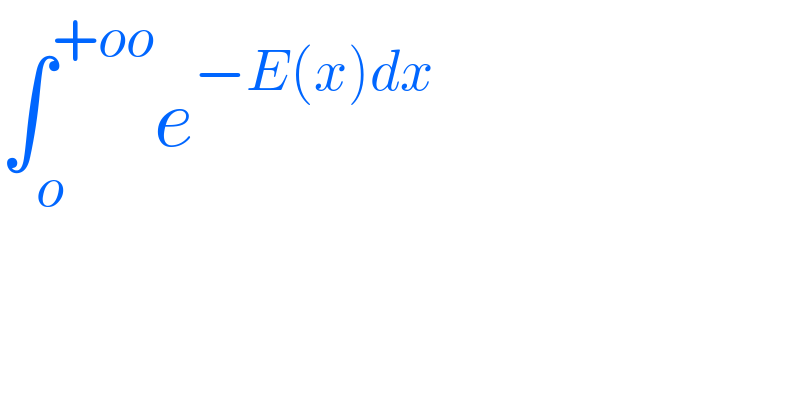
Question and Answers Forum
Question Number 186223 by SANOGO last updated on 02/Feb/23

Answered by Mathspace last updated on 02/Feb/23

Commented by SANOGO last updated on 02/Feb/23

Commented by Mathspace last updated on 03/Feb/23

| ||
Question and Answers Forum | ||
Question Number 186223 by SANOGO last updated on 02/Feb/23 | ||
 | ||
Answered by Mathspace last updated on 02/Feb/23 | ||
 | ||
| ||
Commented by SANOGO last updated on 02/Feb/23 | ||
 | ||
Commented by Mathspace last updated on 03/Feb/23 | ||
 | ||